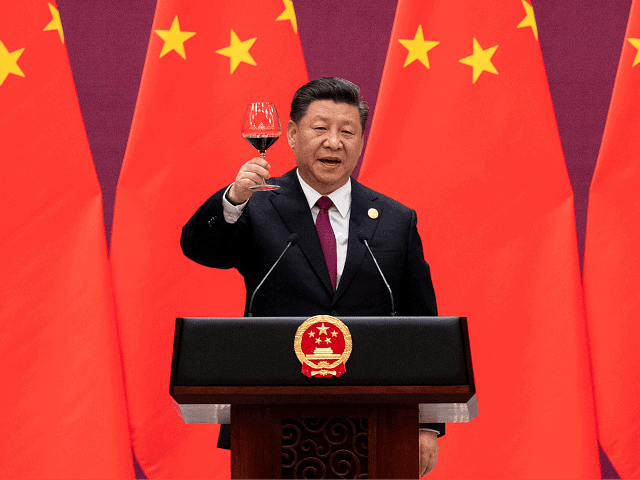ICC Rejects Uyghur Genocide Case Against China
Wednesday, December 16, 2020
Categories: ASCF News Emerging Threats National Preparedness

International Criminal Court (ICC) prosecutors rejected calls to investigate Chinese government officials for alleged acts of genocide against ethnic Uyghurs, the chief prosecutor’s office said in its annual report Monday.
Lawyers representing the East Turkistan Government in Exile (ETGE) and the East Turkistan National Awakening Movement (ETNAM) presented a complaint to the ICC in July in which the separatist groups allege that Chinese government officials have rounded up Uyghurs abroad, specifically from Tajikistan and Cambodia, and forced them back into China. The complaint included allegations that Chinese authorities had also deported Uyghurs from China into Tajikistan.
China is not a signatory to the ICC, but both Tajikistan and Cambodia are. The Uyghurs’ representatives argued that even though the alleged deportations did not occur in China, the ICC could still act because they took place on Tajik and Cambodian soil. The ICC’s chief prosecutor office rejected this argument Monday, stating that there is “no basis to proceed at this time” on the claims of forced deportations, according to Agence France-Presse (AFP).
The July submission included separate accusations that Chinese authorities have unlawfully imprisoned Uyghurs in state-run detention facilities in China’s western Xinjiang region. The ICC’s chief prosecutor office also rejected this aspect of the case Monday, explaining that it was unable to act because the alleged crimes took place within China, a non-ICC member country.
“[T]his precondition for the exercise of the court’s territorial jurisdiction did not appear to be met with respect to the majority of the crimes alleged,” the office of ICC Chief Prosecutor Fatou Bensouda wrote in the court’s annual report.
“The ICC has no obligation to consider complaints filed to the prosecutor, who can decide independently what cases to submit to judges at the court, set up in 2002 to achieve justice for the world’s worst crimes,” AFP noted.
Lawyers for the Uyghur groups have now asked the ICC to reconsider pursuing the case “on the basis of new facts or evidence,” according to the ICC annual report.
China denies accusations that it has committed genocidal acts against Uyghurs in Xinjiang. The Chinese government says that the Xinjiang facilities referred to as detention camps by Uyghur groups are in fact job training centers designed to steer the minorities away from separatist terrorism.
Uyghur separatists refer to China’s western Xinjiang region as “East Turkistan.” Xinjiang borders Central Asia and is home to several ethnic minority groups including the Turkic, majority Sunni Muslim Uyghurs. Human rights organizations accuse regional Communist Party officials of detaining one to three million Uyghurs and other minorities in Xinjiang concentration camps since at least 2017. The organizations cite satellite images that appear to depict recently built internment camps, leaked government documents, and eyewitness testimony. Alleged survivors of the camps claim to have endured torture, slave labor, forced abortions and sterilization, and forced Communist Party indoctrination while detained.
Photo: Nicolas Asfouri - Pool/Getty Images
Link: https://www.breitbart.com/asia/2020/12/15/icc-rejects-uyghur-genocide-case-china/




